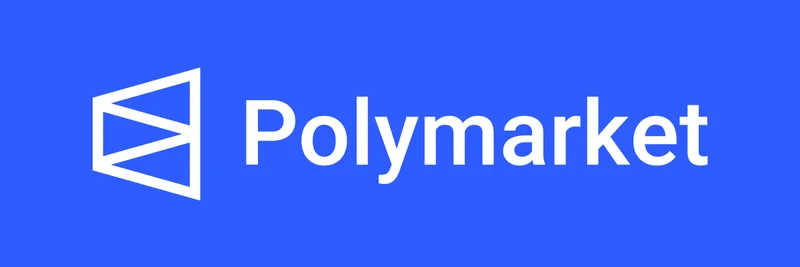Hey there, crypto enthusiasts! If you're into prediction markets or have been following the buzz around platforms like Polymarket, there's some fresh news out of Romania that might catch your eye. A recent tweet from @hashminutes highlighted a big regulatory move: Romania's National Office for Gambling (ONJN) has blacklisted Polymarket for operating without a license, essentially labeling its crypto-based prediction markets as gambling.
The Tweet That Sparked the Discussion
The tweet in question, posted on November 1, 2025, reads: "JUST IN: 🇷🇴 Romania’s ONJN blacklists Polymarket for unlicensed operations, ruling its crypto prediction markets as gambling under local law. Follow @HashMinutes." You can check out the original post here.
This isn't just a random update—it's part of a broader crackdown on unlicensed platforms in Romania. According to reports from sources like iGamingToday and DL News, the decision came after a massive surge in activity on Polymarket during Romania's recent elections. We're talking over $600 million in transactions for the presidential race alone, plus another $15 million tied to local elections in Bucharest.
What Exactly is Polymarket?
For those new to the scene, Polymarket is a decentralized prediction market platform built on blockchain technology, specifically on the Polygon network. It lets users bet—er, "trade"—on the outcomes of real-world events using stablecoins like USDC. Think everything from election results to sports scores, celebrity news, and yes, even crypto price movements or meme token hype.
Unlike traditional betting sites, Polymarket uses smart contracts to handle payouts automatically based on event outcomes, verified by oracles. It's gained massive popularity, especially during high-stakes events like the U.S. presidential elections, where billions have been wagered. But here's the rub: regulators like the ONJN see it as straight-up gambling because users are essentially placing bets on uncertain futures, with the platform taking a cut.
Why the Blacklist? Breaking Down the Regulatory Stance
Romania's gambling laws are strict—it's a state monopoly, meaning only licensed operators can run the show. The ONJN argues that Polymarket fits the bill of a "counterparty betting operator." Despite Polymarket's self-description as an "event trading" platform, the regulator points out that it allows wagers on future outcomes and charges commissions, all without a Romanian license.
In their statement, ONJN emphasized that this isn't about the tech (blockchain and tokenization are cool, but irrelevant here)—it's about the law. "Regardless of whether you bet in lei or crypto, if you bet money on a future result... we are talking about gambling that must be licensed," said ONJN president Vlad-Cristian Soare, as quoted in DL News.
This move aligns Romania with other European countries like Belgium, France, and Poland, which have also restricted or blocked Polymarket. Internet service providers in Romania now have to block access to the site, making it harder for local users to participate.
Implications for Meme Tokens and the Broader Crypto Space
Now, how does this tie into meme tokens? Well, prediction markets like Polymarket often feature bets on viral trends, including the rise (or fall) of popular memes. For instance, you might see markets on whether a certain meme coin hits a specific market cap or gets listed on a major exchange. This regulatory hurdle could chill participation from Romanian users, who might turn to VPNs or alternatives, but it also signals a growing scrutiny on crypto platforms that blur the lines between trading and gambling.
For blockchain practitioners, this is a reminder to stay informed on local regs. If you're building or investing in meme-related projects, keep an eye on how prediction markets evolve—they're a fun way to gauge community sentiment but come with risks. Platforms like Polymarket could face more bans, pushing innovation toward more compliant models or fully decentralized alternatives.
In the end, this blacklist might slow Polymarket's momentum in Europe, but the crypto world moves fast. What do you think—will this push more users underground, or force better regulation? Drop your thoughts in the comments, and stay tuned to Meme Insider for more updates on how regs are shaping the meme token landscape.


